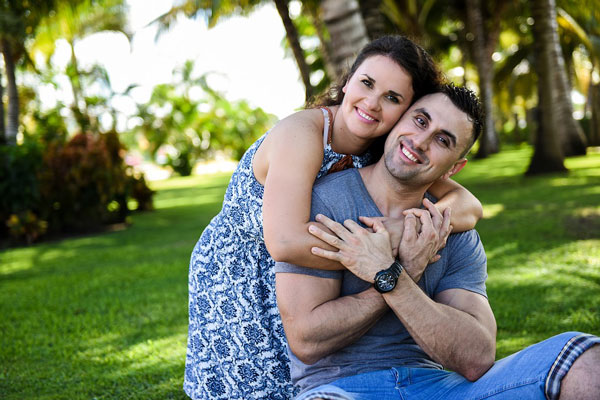Why Do I Need an Estate Plan if I Don’t Have Kids?
One question we commonly receive from clients is whether or not estate planning is really necessary in their situation if they do not have any children. This is a well-meaning question, but it shows a general misunderstanding of what exactly estate planning is and why it’s important.
Estate planning is more than just leaving behind assets to your children in a will — it’s planning for every eventuality associated with potential illness, incapacity and death. There are plenty of elements of estate planning that are important for people who are unmarried and without children.
Here are just a few examples of some of those important elements:
- Leave a plan for your incapacity: If you become incapacitated due to an injury or health condition, it’s highly beneficial to have advance directives and powers of attorney in place so other people will be able to follow your instructions and handle medical, legal and financial issues and affairs on your behalf. Even if you are married, your spouse cannot legally make certain decisions in these categories for you unless you grant them power of attorney. If you do not have these documents in place, it could take a long and stressful court proceeding for someone to be appointed to make these decisions for you.
- Determine what you’ll do with your assets: Just because you don’t have children doesn’t mean you don’t care what happens to your possessions after you pass away. Perhaps you want to make sure your siblings or parents get some money for your estate. Perhaps you’d like to donate everything to charity. Whatever it is you want to do, an estate plan allows you to get it done.
- Outline what happens to your pets: If you have any pets, you can add stipulations to your estate plan to determine who you want to take care of them after you pass away. Some people also choose to leave some money behind to the caretaker of the pet specifically for the pet’s care. There are even trusts for pets; not too long ago, only humans could be beneficiaries.
- Protecting assets: Again, even if you do not have children who will be inheriting from you, it’s still in your best interest and the best interest of your estate to avoid the probate process as much as possible. You can do this through establishing a trust (or multiple trusts), which can bypass the probate court and allow you to pass on your assets quickly and more easily, while also keeping those gifts private (probated assets are public record). You can place most of your assets into a trust and continue to maintain control over them until you pass away.
Set up an estate plan for who and what is important to you.
For more information about why estate planning is important for people who do not have children as well as people who have children, contact an experienced estate planning attorney at Baker Law Group, P.C.




